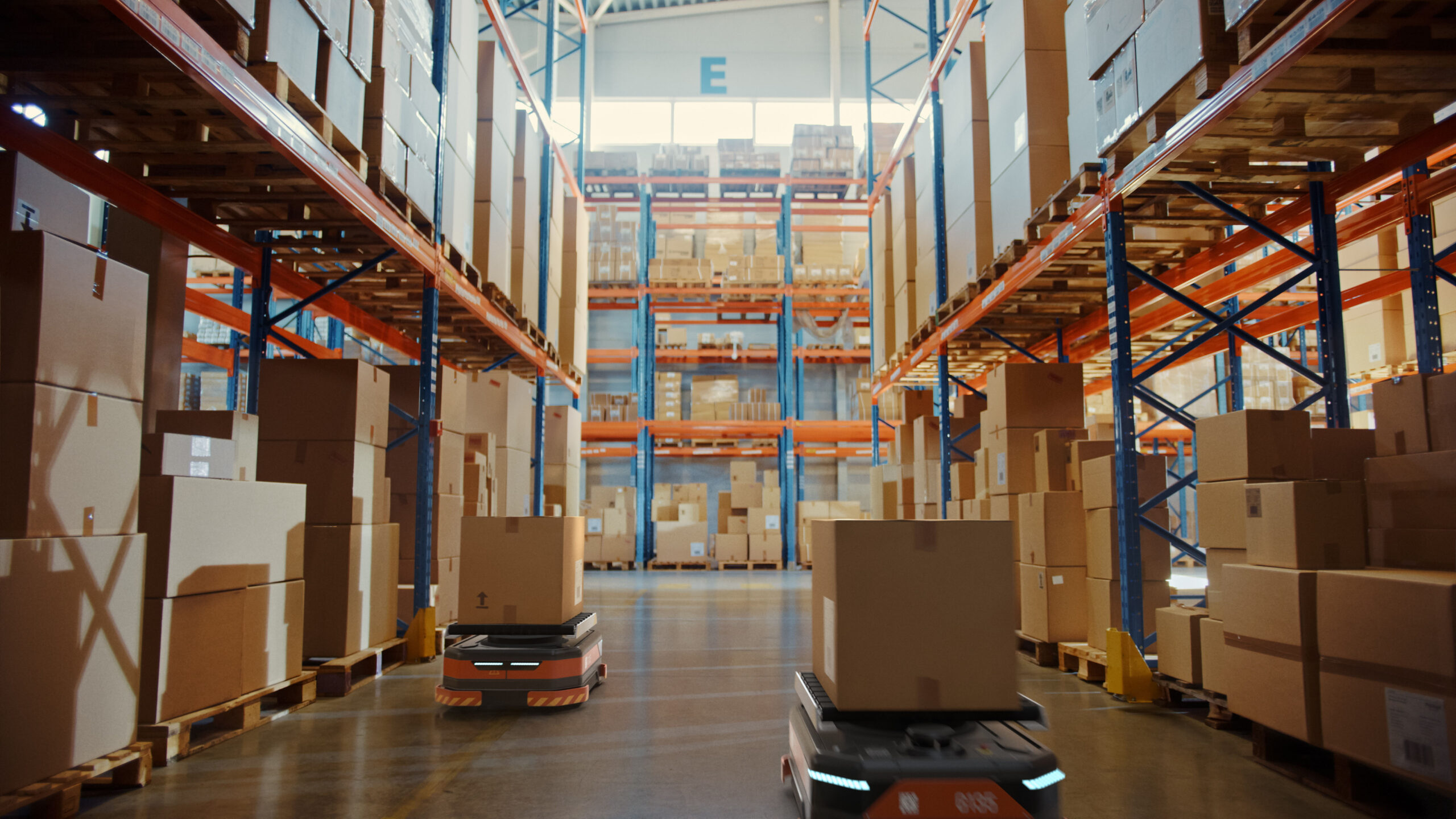The Importance of Risk Management in Freight Transportation

Effective freight transportation is crucial for economic success, but uncertainties can cause financial loss, operational delays, and brand damage. Understanding and overcoming these concerns is vital for a trucking company philippines seeking competitive advantage. Comprehensive risk management protects assets and customer relationships by safeguarding freight arrives safely and on time. Transport corporations may reduce losses and ensure long-term firmness by anticipating legislative changes, natural disasters, equipment breakdowns, and security risks.
Strategies for Vulnerability Identification
Conducting rigorous risk assessments is vital to risk management. Freight operators map their supply chain, identifying high-traffic corridors, transfer hubs, and unstable areas. Transportation planners can uncover systemic flaws by studying historical accident, theft, and delay data. Site checks and audits of partner warehouses, ports, and distribution facilities identify security gaps, while driver interviews and maintenance logs show equipment faults. Insurers, legal experts, and local authorities can help identify new hazards like freight theft syndicates utilizing unsecured yard spaces or new tariffs affecting cross-border rail networks. When vulnerabilities are identified, mitigation priorities become clearer.
Implementing Prevention

Freight businesses might target vulnerabilities after identification. Modern vehicle tracking technologies give dispatchers real-time visibility to redirect trucks avoiding congested or dangerous roads. Comprehensive driver training reduces accidents and claims by promoting defensive driving, cargo securing, and emergency response. Mechanical reliability is improved by routine maintenance scheduled before manufacturers’ service intervals, and strategic replacement cycles prevent older systems from becoming costly liabilities. Security methods including perimeter fencing, surveillance cameras, and access control prevent theft and unlawful entry at depots. Law enforcement cooperation and industry-wide cargo security initiatives increase organized crime defenses.
Risk Mitigation with Technology
Emerging technology have changed freight carriers’ risk management. GPS, engine diagnostics, mileage logs, and driver behavior analytics are integrated in advanced telematics platforms. Fleet managers can address unsafe driving practices before accidents by recognizing abnormal speed patterns or excessive idling. Predictive analytics software uses weather forecasts and traffic sensor data to predict route disruptions and optimize delivery windows. Blockchain documentation methods decrease paperwork errors and streamline customs clearance, reducing compliance concerns. Drones and IoT sensors can remotely assess containers and bridges for structural flaws without endangering workers.
In high-stakes freight transportation, disregarding hazards can cause cascade interruptions that damage profitability and client confidence. A trucking company Philippines can protect its cargo, employees, and finances with a robust risk management framework based on vulnerability assessments, preventive actions, and adaptive technologies. Transport operators may handle uncertainties and grow sustainably by committing to continual evaluation and using innovative techniques.






